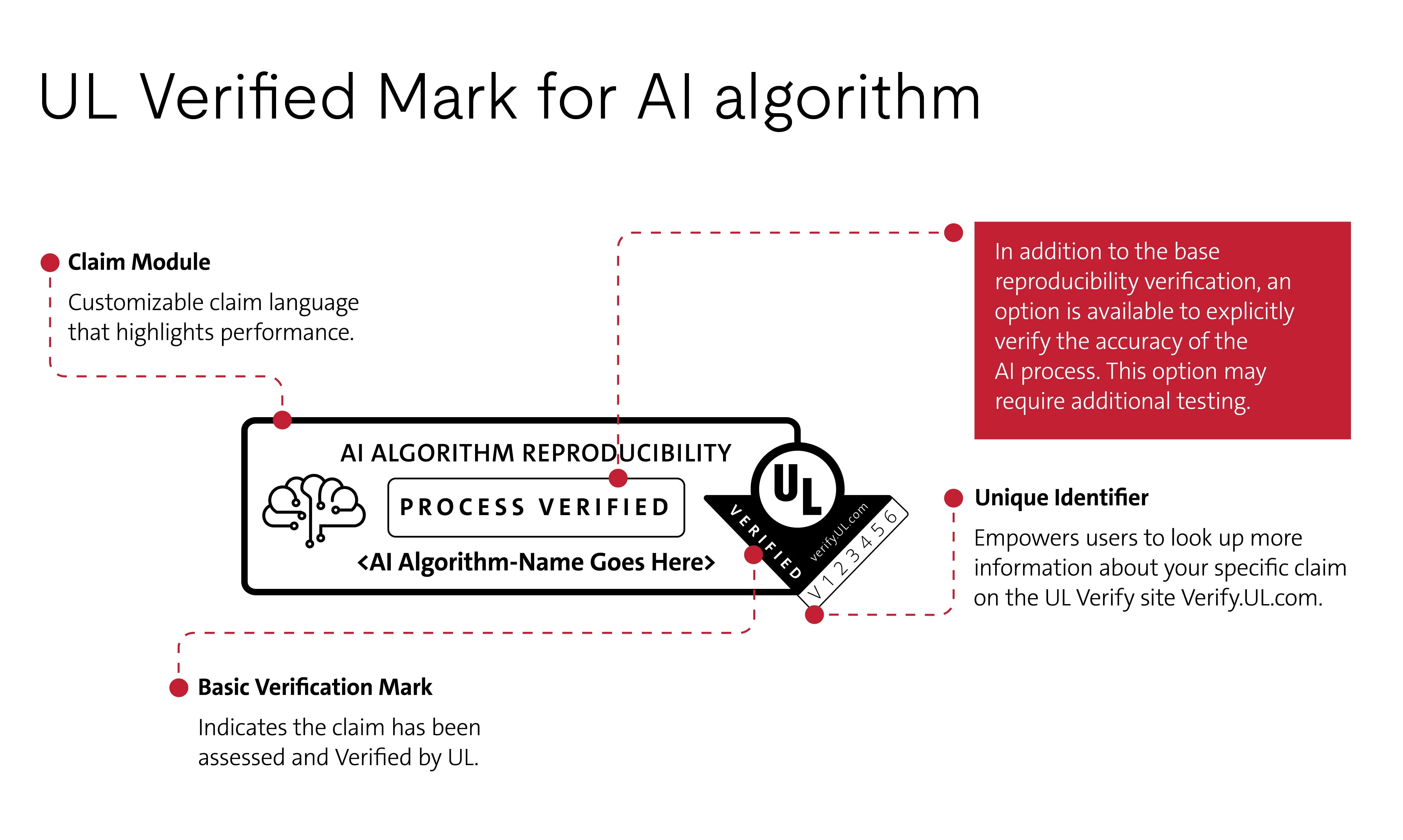
Build confidence in artificial intelligence-based consumer electronics and appliances
Consumer electronic products enhanced by artificial intelligence (AI) offer significant sustainability, safety and ease-of-use benefits to consumers. Consequently, digitization is a growing focus in the appliances industry. The AI market size in the consumer electronics industry is expected to grow at a compound annual growth rate (CAGR) of 26.7% from 2022 to 2028, according to according to the “Global AI In The Consumer Electronics Industry Statistics Revealed” report by Gitnux.
But for AI consumer electronics and appliances to reach their true potential, consumers must have confidence that these devices reliably perform as promised. Based on the AI Index 2024 Annual Report by Stanford University, 52% of Americans report feeling more concerned than excited about AI. This indicates that it is important for manufacturers to build trust with consumers for their AI-powered products to be successful.
The UL Solutions AI algorithm reproducibility process Marketing Claim Verification program is the first independent assessment focused on confirming the accuracy of a marketing claim that a specific algorithm is trustworthy – that it is capable of consistently producing a specified outcome. UL Solutions determines this by conducting an objective, science-based assessment that confirms the accuracy of a manufacturer’s marketing claim.
How AI algorithms work
Consumer electronics product and appliances that can, for example, reduce energy consumption, optimize performance, alert owners to malfunctions or pending maintenance needs or to help in generating content such as images, videos, emails, are increasingly popular in the market.
Some smart consumer electronics product and appliances carry out basic commands in response to data or human input. Products that use an AI algorithm to perform task can make more sophisticated decisions and can be trained to continue to advance their abilities.
As an example, a simple smart device can be programmed to repeatedly perform an action based on the time of day or information such as the weather report. But an AI algorithm independently finds patterns or features in a dataset and uses that information to support the product functionality.
Machine learning functions in much the same way, but where AI can handle unstructured and structured data, machine learning relies on structured data for training.

AI algorithms and consumer electronics
Reproducibility is an important step toward determining the dependability of an algorithm used in products where that algorithm (machine learning or rule-based) provides critical functionality or is central to an important marketing claim. From the safety of autonomous driving to consumer electronics that rely on algorithms for special features that differentiate a product in a market, algorithms must be able to reliably produce, each and every time, a predictable outcome when used as expected.
Assessing algorithm repeatability
The UL Solutions algorithm reproducibility process Marketing Claim Verification program involves an in-depth review of all aspects of the algorithm building and deployment processes, grounded on best-practices in predictive modeling and UL Solutions specific learnings. Assessment includes:
- Detailed scoping of the application.
- Description of the dataset.
- Appropriateness of performance metrics.
- Controls implemented in deployment.
- Tracking of algorithm performance in production.
The full UL Verification assessment includes technical analyses to check a manufacturer’s claims about the algorithm’s performance when used as intended. Products may perform differently when subjected to intentional or accidental misuse or exhibit unexpected failure modes during deployment.
Benefits of UL Solutions’ AI assessments
As a global leader in safety science, testing and inspection, we have significant experience in helping manufacturers confidently bring innovative products to market and building consumer trust in new technologies.
Consumer electronics and appliances manufacturers can leverage UL Solutions’ experience in the AI space, and trusted reputation for scientific thoroughness, through the UL Solutions algorithm reproducibility process Marketing Claim Verification program.
This program is available to any company that has created an algorithm that is a critical component in determining the performance of a manufactured hardware product or system. After confirming that an algorithm meets the applicable requirements associated with that assessment, UL Solutions issues the Verified Mark for the algorithm reproducibility process marketing claim.
The UL Verified Mark delivers the confidence to consumers that a brand’s marketing claim is accurate, truthful, and credible. It is a distinctive way to differentiate your brand and its marketing claim.
Benefits of UL Marketing Claim Verification include:
- Increased credibility for your marketing and advertising claims.
- Inclusion in UL Solutions’ searchable database of Verified claims to help differentiate your products in a crowded market.
- Stand out in the crowded marketplace with independent confirmation of your product’s key features or benefits.
Get in touch
Have questions, need specifics? Let's get this conversation started.













